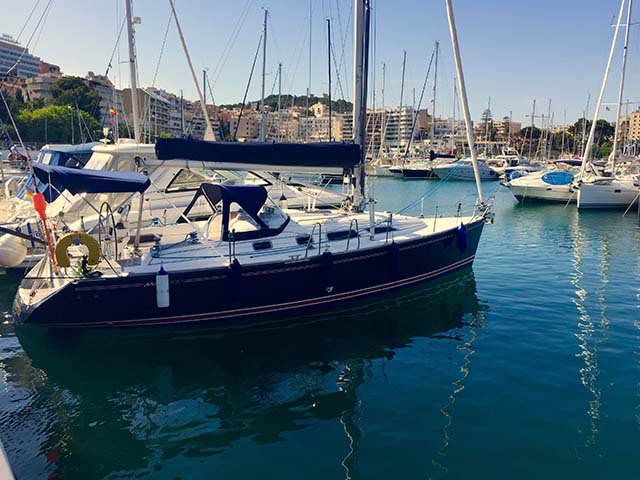The founder of Boatshed, Neil Chapman shares tips for listing your boat for sale and the pitfalls to avoid
There are many reasons for making the decision to list your boat for sale, and doing so comes with a mixture of emotions.

Neil Chapman is the founder of brokerage boatshed.com
The most cheerful of these are that it is time for a new boat.
For others, it may just be time for a departure from boat ownership due to age, ill health or a change of circumstances or priorities.
Continues below…
Downsizing: an age-old conundrum
Bigger isn’t always better. As ageing joints make some jobs harder, Julian Mounter rediscovers the fun and freedom of a…
‘Buying my first boat taught me a hell of a lot’
From car-crash viewings to wasted journeys of hundreds of miles, Wayne Palmer shares the steep learning curve of buying his…
How to modernise your boat on a budget
Updating your instruments, and the data you can see on them, needn't cost the earth. Sam Fortescue investigates how to…
Either way, walking down the pontoon for the last time is always tinged with sadness.
Whatever your motivation, you can make the experience more positive by avoiding some of the main pitfalls, and approaching the process with realistic expectations.
The process of listing your boat for sale
Neil Chapman, founder of www.boatshed.com on the selling process and pitfalls to avoid
- Do some research to find the best broker for you, whether local or a specialist. Check what their fees and commission will be. You can engage more than one.
- The broker will then make an appointment to visit your boat. This is the moment to get the boat spotlessly clean.
- The broker will take photos and potentially video and record a full inventory. Be clear about what is and isn’t included in the sale.
- Ask your broker where the boat will be advertised. A good one will list it on their website and the main listing sites.
- Your broker will then begin contacting active profiled buyers for whom your boat might be suitable.
- All questions and enquiries will be handled by the broker and they will be on board for any viewings.
- Offers made will be relayed to you for consideration. The broker may advise, but a decision about whether to accept, decline or negotiate is up to you.
- Once an offer has been accepted, the deposit will be paid into the client account, held by the broker.
- The broker will then handle all of the paperwork and should keep you informed throughout the process.
- Once the full balance has been paid into the client account, the broker will hand over the boat documents to the new owner, and transfer the money to you, minus their commission.
The pitfalls of selling
- Price: You need to have priced your boat correctly for what it is. You are unlikely to recoup money invested in new gear or sails, but it will make selling easier.
- Honesty: Be prepared to show everything, good and bad. It’s better for a viewer to be pleasantly surprised than disappointed. They are also more likely to trust you, and your boat, if you’re honest.
- Offers: There is often talk about fender kickers and crazy offers. Even if it seems stupidly low, being open to an offer could be the start of a constructive conversation.
- Cleanliness: A fastidiously clean boat is vital if you want viewings to result in a sale.
- Speed: Selling a boat does not need to be a long-winded process, and the longer you hold on to the boat the more it will cost you. Being serious about selling your boat and willing to negotiate will lead to a fast sale.







